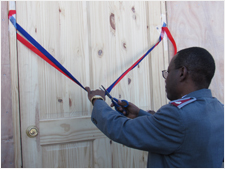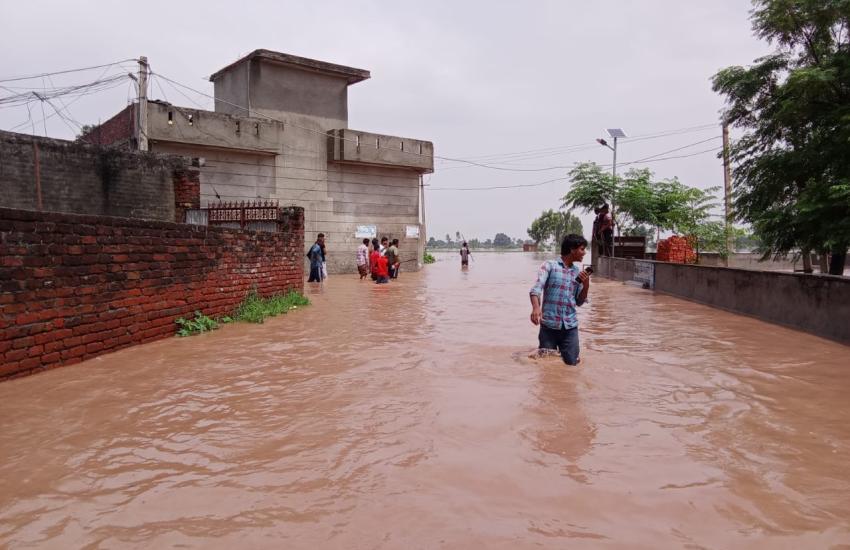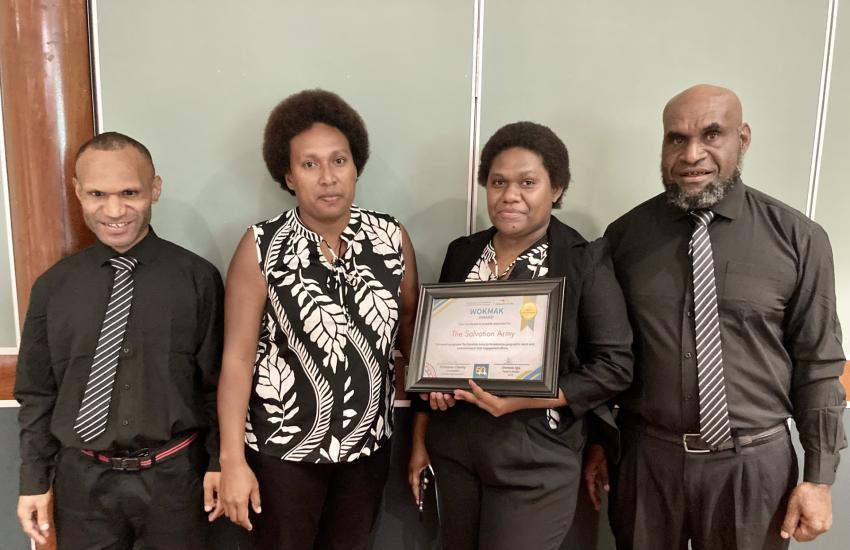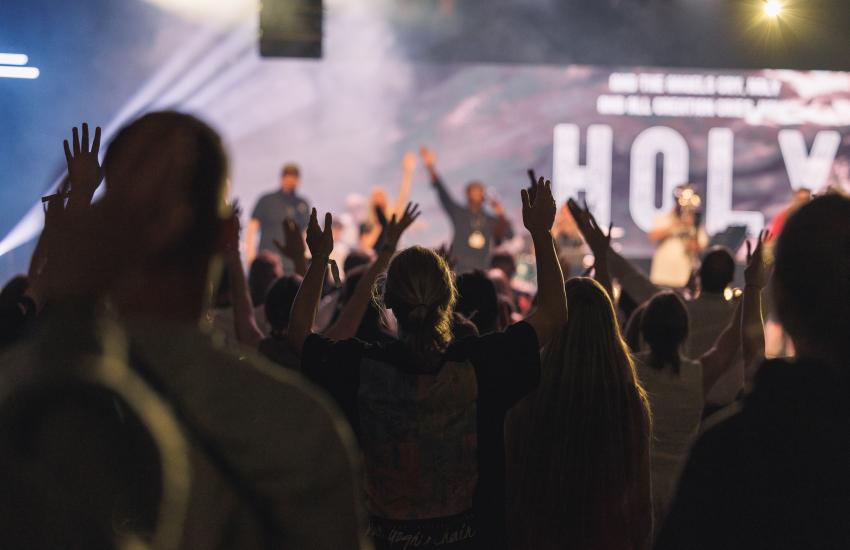14 January 2011
ON 12 January 2011, the one-year anniversary of the Haiti earthquake, The Salvation Army commemorated the disaster and celebrated a new beginning with two special events.
An estimated 1,000 people filled the Army’s compound in Delmas 2, Port-au-Prince, for a memorial service in which the victims were remembered and the survivors given recognition. Lack of space prevented many more people from attending.
In typical Haitian fashion, the singing and sense of celebration were reminders that while the earthquake was a great tragedy, God had never forsaken Haiti. A challenging message was preached by Haiti Divisional Commander, Major Lucien Lamartinière.
With great passion he shared: ‘In just a few seconds on 12 January 2010 thousands of people died, thousands became physically handicapped, and thousands became poorer than poor. On 13 January I was homeless with only one shirt and one pair of trousers. Yet, those of us who survived live with the reality of God’s goodness every day.
‘If we are alive it is because of God’s grace. The earthquake is not a punishment from God because we have sinned. It was the way we built that caused so many to die, so we must assume some responsibility. We have to conclude that the hand of God was in action. Have you asked why you are alive? God has the answer. If he has kept you alive it is because he has a mission for you to fulfill. There is a city to rebuild, there is a country to save. God’s wants you to be a Nehemiah [from the Bible] and to help us rebuild our country. Do not be an observer, become a builder,’ Major Lamartinière emphatically stated.
 Immediately following the memorial service Salvationists, led by Caribbean territorial leaders, Colonels Onal and Edmane Castor, marched to a new set of temporary buildings that will serve the Army's College Verena School, whose buildings were severely damaged by the quake.
Immediately following the memorial service Salvationists, led by Caribbean territorial leaders, Colonels Onal and Edmane Castor, marched to a new set of temporary buildings that will serve the Army's College Verena School, whose buildings were severely damaged by the quake.
These are the first Salvation Army buildings to be constructed since the earthquake. Almost all the Army’s buildings in Port-au-Prince were damaged beyond repair, necessitating the need for a massive rebuilding programme.
The buildings will also double as the temporary home of the Port-au-Prince Central Corps (church). The two wooden buildings will house 23 classrooms during the week. Major Jean Volet’s ingenious design means that within a matter of minutes the classrooms can be transformed into a large open space that will seat up to 700 people for worship meetings.
Following the opening ribbon cutting by the Territorial Commander, Colonel Onal Castor, the celebratory crowd streamed inside. Approximately 750 people crammed into the building or stood outside to join in the happy event.
 One of the most moving moments came when Advisory Board chairman, Mr Hervé Denis, spoke about the death of his mother in the earthquake. ‘They found my mother on her knees where she had been praying. Our family believes that when the earthquake struck she was praying for us.’ Mr Denis said he considered his service with The Salvation Army an important way to honour his mother and to give back to his native land.
One of the most moving moments came when Advisory Board chairman, Mr Hervé Denis, spoke about the death of his mother in the earthquake. ‘They found my mother on her knees where she had been praying. Our family believes that when the earthquake struck she was praying for us.’ Mr Denis said he considered his service with The Salvation Army an important way to honour his mother and to give back to his native land.
Colonel Onal Castor then addressed the congregation, speaking about not only the spiritual challenge created by the earthquake but also about the Army’s worldwide response.
‘We salute you [the Salvationists of Haiti],’ said the colonel. ‘We salute your courage and we salute your faith. You are people of faith even though you also were victims when the earthquake came; you forgot about yourself and served God’s hurting people.
‘We salute the international Army. Many of the 122 [now 123] countries that form the Army world gave money and numerous relief workers came to help us take care of our people and to begin to rebuild.’
 The Colonel reminded the congregation that General Shaw Clifton and Commissioner Helen Clifton, who had been with them just two months before the earthquake, were with them now in prayer. He said that they had sent their love and warm greetings for ‘this day of commemoration’.
The Colonel reminded the congregation that General Shaw Clifton and Commissioner Helen Clifton, who had been with them just two months before the earthquake, were with them now in prayer. He said that they had sent their love and warm greetings for ‘this day of commemoration’.
Colonel Castor outlined the rebuilding plans and spoke about the many programmes that would support and empower the community to make it more resilient and prepared to respond to future disasters.
Afterwards, in reflecting on the day and his impending participation in the High Council with all territorial leaders from around the world, the colonel said, ‘My heart is just overwhelmed. The countries and territories of the world have made possible the reconstruction of the Army in Haiti. I want the world to know that we are grateful – so very grateful. Words fail us. We are proud to be a part of the worldwide Salvation Army that moves when there is a need and gives almost beyond measure. That is the message I will share with all the Salvation Army leaders.’
Report by Lieut-Colonel Lindsay Rowe and Major Allen Satterlee
Photos by Yves Montoban




